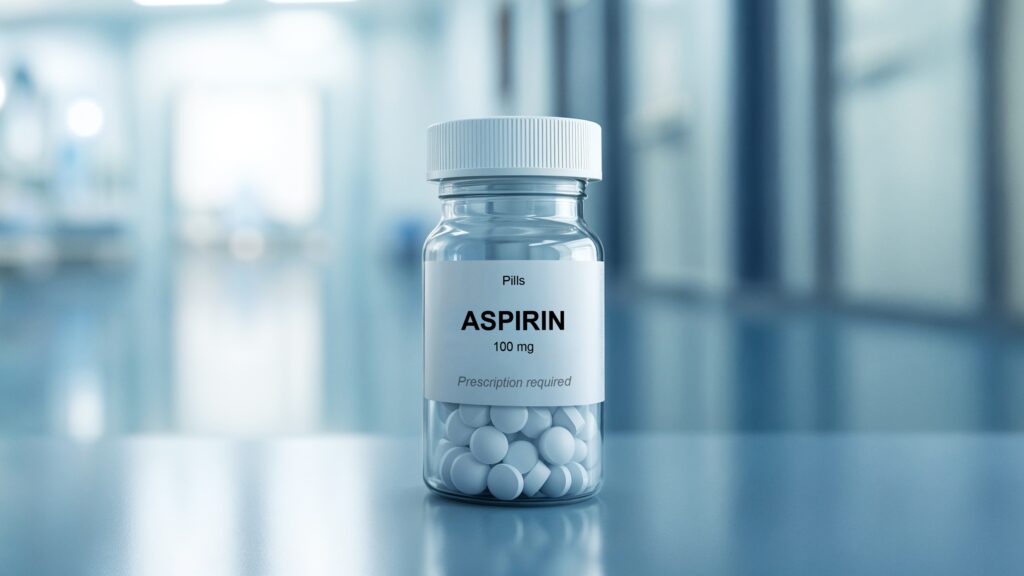A major Swedish trial has found that a daily low dose of aspirin can cut the risk of colorectal cancer returning by more than half in patients with certain genetic mutations.
The Alascca trial, led by Prof Anna Martling at the Karolinska Institute, tested 160mg aspirin daily on patients after tumour removal. Among those with mutations in the PI3K pathway, aspirin users were 55% less likely to see their cancer return than those on placebo.
About 40% of colorectal cancer patients carry such mutations. Researchers say the drug works by reducing inflammation, disrupting the PI3K pathway, and preventing blood platelets from shielding tumour cells from the immune system.
Colorectal cancer affects nearly 2 million people globally each year, and recurrence after surgery remains a major challenge. Martling said the findings highlight the need for genetic testing in patients to identify who could benefit from aspirin.
While aspirin is cheap and widely available, long-term use carries risks, including gastrointestinal bleeding and rare severe side effects. Researchers stressed the importance of larger studies to confirm who would gain most from treatment.


